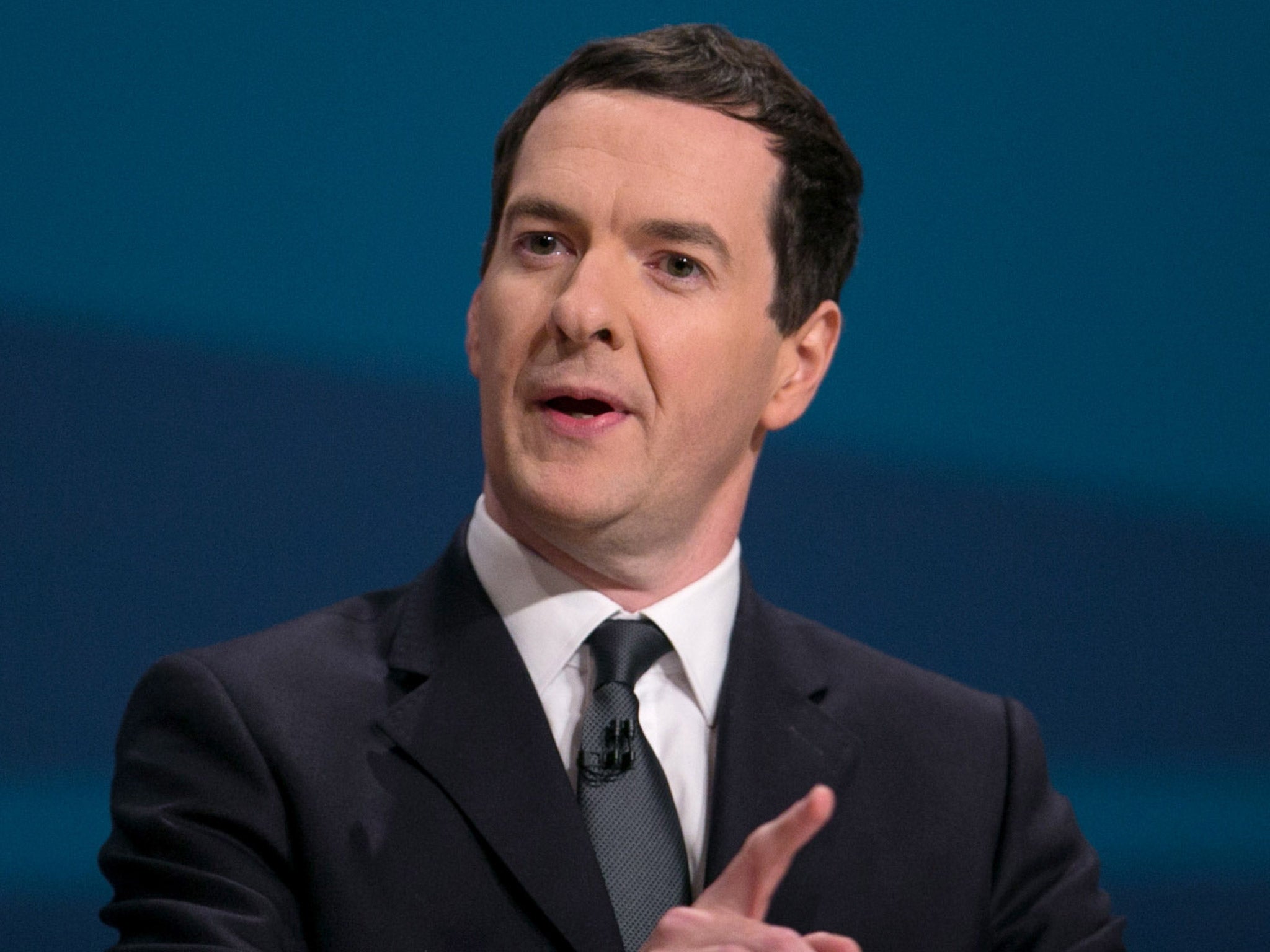National insurance tax changes: Is this the end of NI - and does it mean you'll pay more tax?
The Chancellor has asked the Office of Tax Simplification to have another look

Is it time to scrap National Insurance?
The Chancellor has asked the Office of Tax Simplification to have another look at the idea, which he first considered in the last Government. In 2011 the Treasury suggested the move would reduce bureaucracy and save costs.
Does that mean I would pay less tax?
No chance. If NI was scrapped it would simply be merged with income tax which would possibly be renamed earnings tax. Your tax rate would climb probably from the basic level of 20 per cent to around 30 per cent while the higher rate would rise from 40 per cent to 50 per cent.
So I would end up paying more tax?
Not really, although the move would hit the self-employed who currently pay less NI than employed people. You have to bear in mind that NI has become no more than an additional tax rather than its original intention back in 1911 as a government safety-net for workers who fell on hard times. Now the cash raised is used to partially fund the NHS and other things, while general taxation also helps fun the NHS. In other words, scrapping NI would make no difference to what the cash is used for.
So it would just be a simplification of the tax system?
More or less, yes. For taxpayers there would be one simpler bill which would make it easier to understand how much of your income you’re actually handing over to the government. For tax collectors the move would be beneficial for exactly the same reason, one tax equals less paperwork.
So why haven’t we done this before?
You can’t just wipe away a system that’s lasted a century. It will be bad news for some, for instance. In particularly high-earning self-employed people who pay very little NI compared to employed workers, will be hit. However their extra tax demands could potentially be balanced by the scrapping of the 45 per cent highest rate. There are also the potential administrative nightmares of merging income tax and NI computer systems. HM Revenue & Customs already gets around five million tax demands wrong each year, often causing chaos for people, and the extra burden could cause meltdown.
So this won’t happen right away?
No. There are several things to check. There’ll be a review first which is likely to last a year then some time after that for us all to consider its proposals. Politically it may be timely for the Chancellor to launch a new single ‘simplified’ tax system ahead of the 2020 election which would probably mean it wouldn’t start until sometime in the next government.
Subscribe to Independent Premium to bookmark this article
Want to bookmark your favourite articles and stories to read or reference later? Start your Independent Premium subscription today.

Join our commenting forum
Join thought-provoking conversations, follow other Independent readers and see their replies